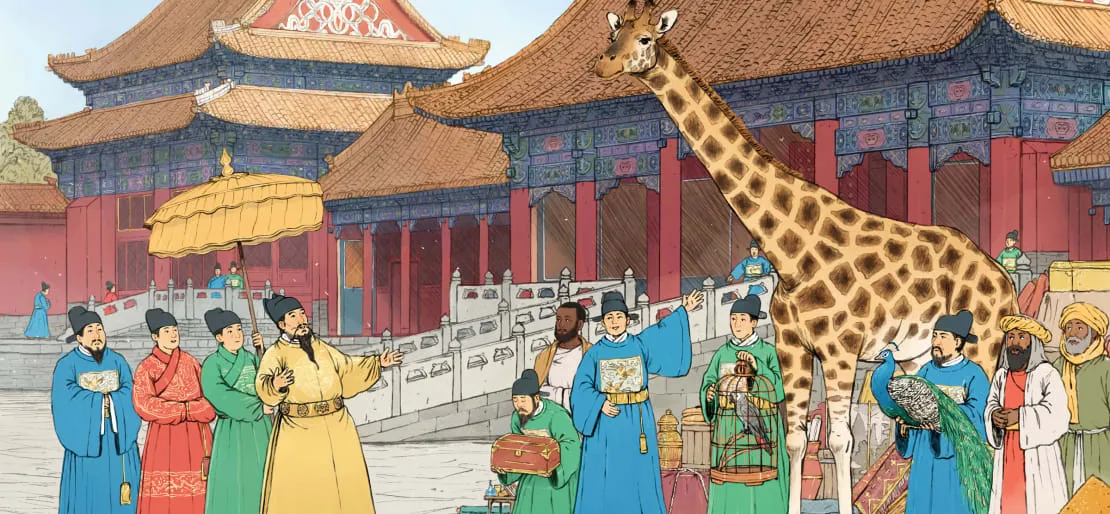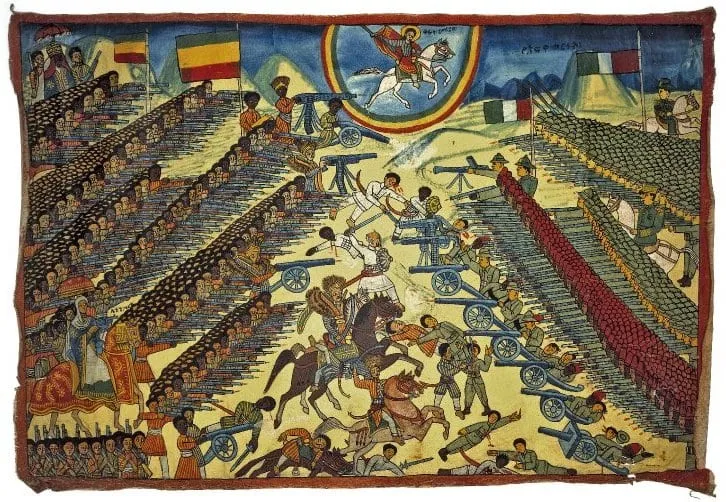The Sound of History
Table of Contents
In the spirit of Paperless History, I want to share a few of my favorite podcasts about history. I frequently find myself listening to a variety of podcasts (some about history, many about other topics). Historical podcasts are great for covering new research in history or going over a more traditional topic. Some of them even focus on how we apply these topics to our classroom teaching.
Given my interest in Middle Eastern history, the Ottoman History Podcast is easily my favorite. There are frequent issues with a wide range of scholars who specialize in the Middle East. The topics stretch back to the early Islamic Middle East right up to the present day. Subscribe in iTunes
Another favorite is 15 Minute History from the University of Texas at Austin. The podcasters cover every historical topic you can imagine and interview a wide range of scholars. Each episode is just 15 minutes, but I always feel like I have walked away learning so much. Subscribe in iTunes
The recently launched On Top of the World: A World History Podcast is quickly becoming another favorite. Dave Eaton, a professor of World History at Grand Valley State University and Matt Drwenski, a former AP World History teacher turned graduate student at the University of Pittsburgh, have engaging conversations about a wide variety of world historical topics. They cover both the new research side as well as the application of these topics in the classroom. Subscribe in iTunes
Another relatively new addition to the world of history podcasts is Liz Covart’s Ben Franklin’s World: A Podcast about Early American History. Despite the seemingly American-centric focus of the title, I’m impressed by how widely Covart casts her historical nets. There are a number of episodes that decenter the traditional narrative about early American history. Subscribe in iTunes
My last favorite is Backstory with the American History Guys on NPR. They address some topic in the news right now and consider its historical roots going back to the eighteenth century. I love how they are able to provide rich historical context for the events unfolding around us today. Subscribe in iTunes
Here’s a quick (nonexhaustive) list of some other history podcasts:
- New Books in History. Subscribe in iTunes
- World War I Podcast. Subscribe in iTunes
- Dan Snow’s History Hit. Subscribe in iTunes
- The History Hour by the BBC. Subscribe in iTunes
- History Today Podcast. Subscribe in iTunes
- Dan Carlin’s Hardcore History. Subscribe in iTunes
- Who Makes Cents: A History of Capitalism Podcast. Subscribe in iTunes
The easiest way to listen regularly to these podcasts is to use the Podcasts app built into iOS. If you have an iPhone or iPad, you already have the app. Or you can subscribe via iTunes on your Mac.
If you want something a little more powerful, I recommend checking out Overcast. You can download it on the iOS App Store
Liberating Narratives Newsletter
Join the newsletter to receive the latest updates in your inbox.



